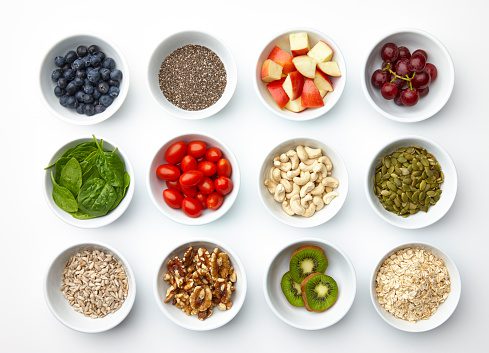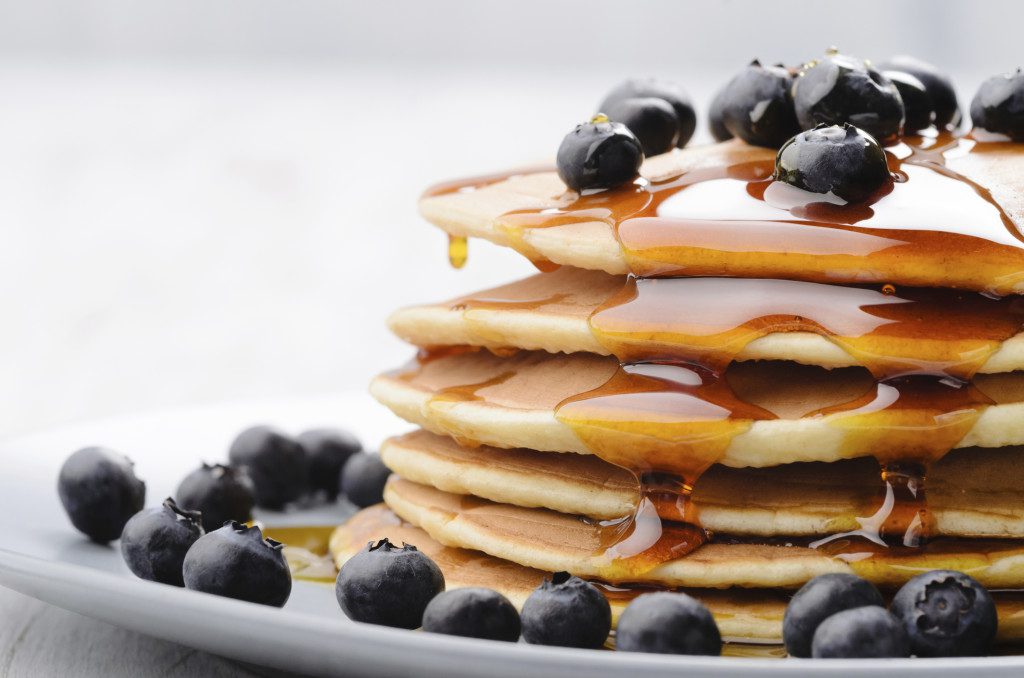Should you run on an empty stomach?
What and when to eat before your morning miles

The morning is when lots of people find time to run their miles–and sometimes breakfast doesn’t fit into that plan. There are days when skipping your morning meal ahead of your run feels like the only sensible option. But sometimes this omission can be detrimental to a strong workout.

RELATED: Do you have to eat before your morning run?
Kate Van Buskirk is a Commonwealth Games medallist and multi-time Canadian champion who’s also primarily a morning runner. “Like many runners, my busy schedule means that I’m often getting up at the crack of dawn for my pre-work run. I have a sensitive gut and find that I need at least 90 minutes of digestion time between eating and hitting the road. It’s not usually realistic for me to wake up early enough to fuel for my morning run, so I often go on an empty stomach.”
https://www.instagram.com/p/Bt_nmKCBNSC/
However, the runner says that she’s developed rules for herself around these fasted runs. “First, I never do hard intervals or long runs without at least a hearty snack. Secondly, if I wake up really hungry or feel that I’m in major caloric debt from the day(s) before, I push my run to later in the day when I’m better fuelled. I never compromise recovery to squeeze in early, hungry miles. Lastly, I make sure to get in a healthy, calorie-dense meal within 30 minutes of finishing my run. Every runner is different, so make sure you’re doing what feels right for you.”
https://twitter.com/runcamille/status/1198847472308817920
Jennifer Sygo is a registered dietitian and sports nutritionist who says that running on an empty stomach has its place. “To eat or not to eat before your run depends a lot on your goals and what your personal circumstances are. Basically, the research is clear that if you have food in your stomach, you will generally be able to train or race at a higher level. With food, your body can tolerate a higher intensity, go longer and feel better.”
But she does recognize that it’s not always feasible to eat a meal before your run. “If you’re waking up and going for a run before your kids get up then you likely won’t eat much beforehand. You can run on an empty stomach, you just may compromise the quality of that session. If you’re looking for a quality run, eating is an advantage.” Sygo says that a good rule of thumb is that easy miles (6-8K) is totally fine on an empty stomach, but when it comes to intervals, speed workouts or a long run, food is recommended.

What to eat and when
If you’re going to eat before your morning run, Sygo recommends a banana and peanut butter (or almond butter) or some oatmeal with brown sugar. “The closer you are to the start of your run, the smaller you want the snack or meal to be. The less time you have, the more you want the snack to be carb-heavy. The problem with fibre, fat or protein is that it can be hard to digest and upsetting to the stomach when engaging in exercise. While you might enjoy beans, lentils and chickpeas, steer clear before a run. You want to stick with gentle foods like those mentioned above.”
Other benefits to eating breakfast
Camille Herron is an ultrarunner, world champion and world record-holder who said on Twitter that she always eats breakfast before her runs to help counter the cortisol release people get when they wake up. Sygo says there are studies that support this, but that its relevance to overall health isn’t conclusive. “When compared with breakfast eaters, breakfast skippers do seem to have higher cortisol levels (at least until they eat in the afternoon). A high cortisol level on an ongoing basis isn’t ideal for overall health.” Ultimately, if you have time, eating breakfast pre-run is always a good idea.


